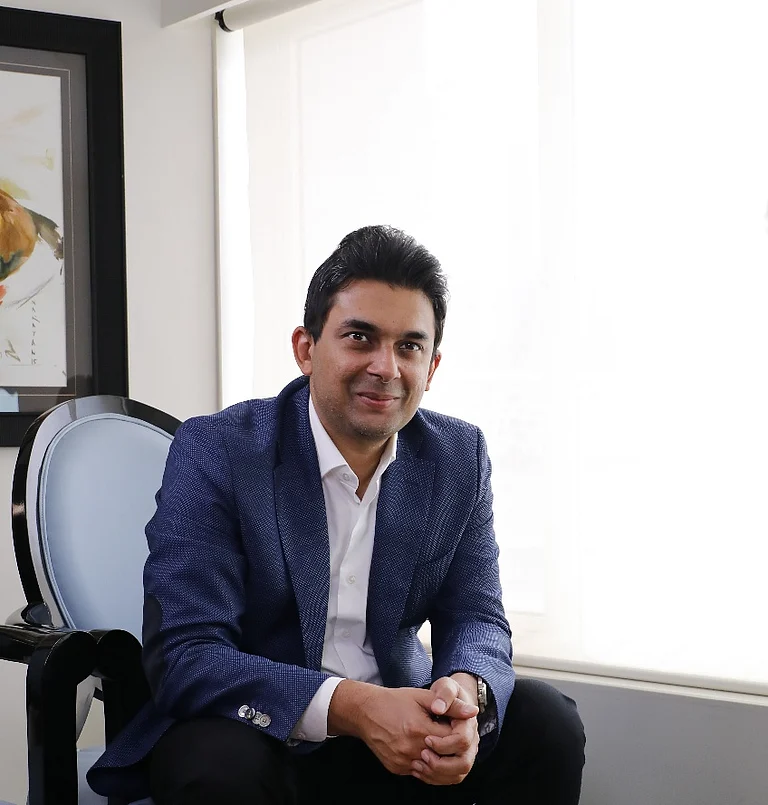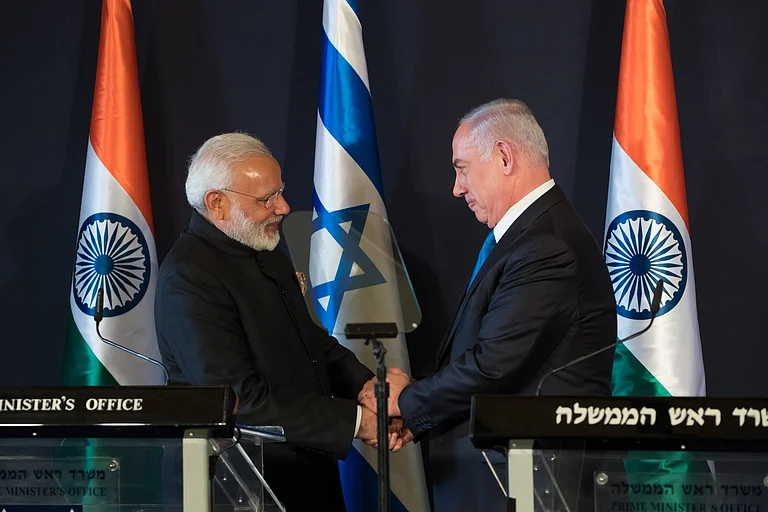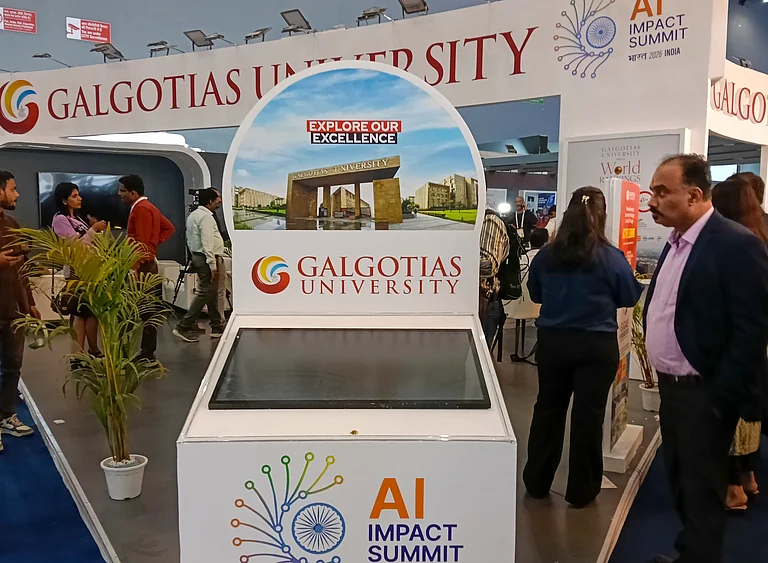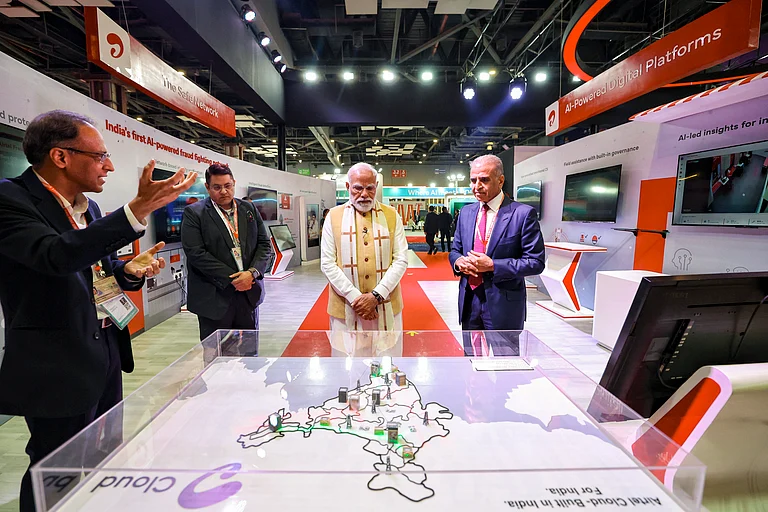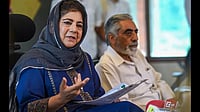A report launched by the Observer Research Foundation (ORF) and Gilead Sciences at the high-profile Raisina Dialogue in Delhi on Wednesday said that new technology and delivery models are making health accessible to more people than ever before, pointing the way to a new era in which healthcare is both equitable and inclusive for all.
The report, Health Equity and Inclusion in Action, was developed by global think-tank ORF in collaboration with Gilead Sciences.
"It examines the challenges of reaching universal healthcare in relatively lower-income countries, where past health delivery models are not reaching all who could benefit. As lifespans increase, the burden of infectious and chronic diseases also continues to grow. In emerging economies, with many people working in the informal or semi-formal economy, delivering healthcare to all has become more complex," a press release said.
Read Full Report Here
The new report outlines how case studies from six countries in Asia and Africa could serve as best practices by using technology and innovative business models to make access to health more equitable and inclusive.
Author of the report, Oommen C. Kurian, senior fellow and head of the Health Initiative at ORF, said: “The initiatives explored in the report were all developed by community advocates, policymakers and social entrepreneurs from the Global South to meet the health needs of people in relatively lower-income countries. There's a great scope to share these models across the Global South and see if they can work across different countries to improve access and affordability.”
Professor Yongyuth Yuthavong, member of the global WHO Science Council and chair of the Expert Group who advised on the report, said this report "demonstrates how we can all learn from the health entrepreneurs and advocates who initiated many of the case studies outlined in the report."
"If these approaches are more widely adopted, this could be the start of a new age of more inclusive, equitable access to health,” Yuthavong said.
The report identifies a dozen case studies from Bangladesh, India, Morocco, Rwanda, South Africa and Vietnam, which are dedicated to applying health innovation to improve health equity and inclusion across the Global South, the press release said.
"In India, iKure TechSoft, one case study cited in the report, is reducing costs, and increasing efficiency through the use of technology and task shifting, with the aim of delivering a fundamental transformation in the way services are adopted and delivered. Not too far away in Bangladesh, the Jeoon Foundation is training informal healthcare providers, who are used by a majority of the population, to deliver improved services and use higher-quality medicines," the release mentioned.
The report notes that these initiatives must be linked to all other care providers in a national healthcare system to leverage the benefits of advanced data tools and allow the ability to draw on high-level expertise when needed. The growing accessibility of artificial intelligence (AI) and advanced data tools will allow a much better understanding of where gaps in care lie, and how they can be overcome.
Disclaimer: This is a press release. Outlook bears no responsibility whatsoever for its content.



